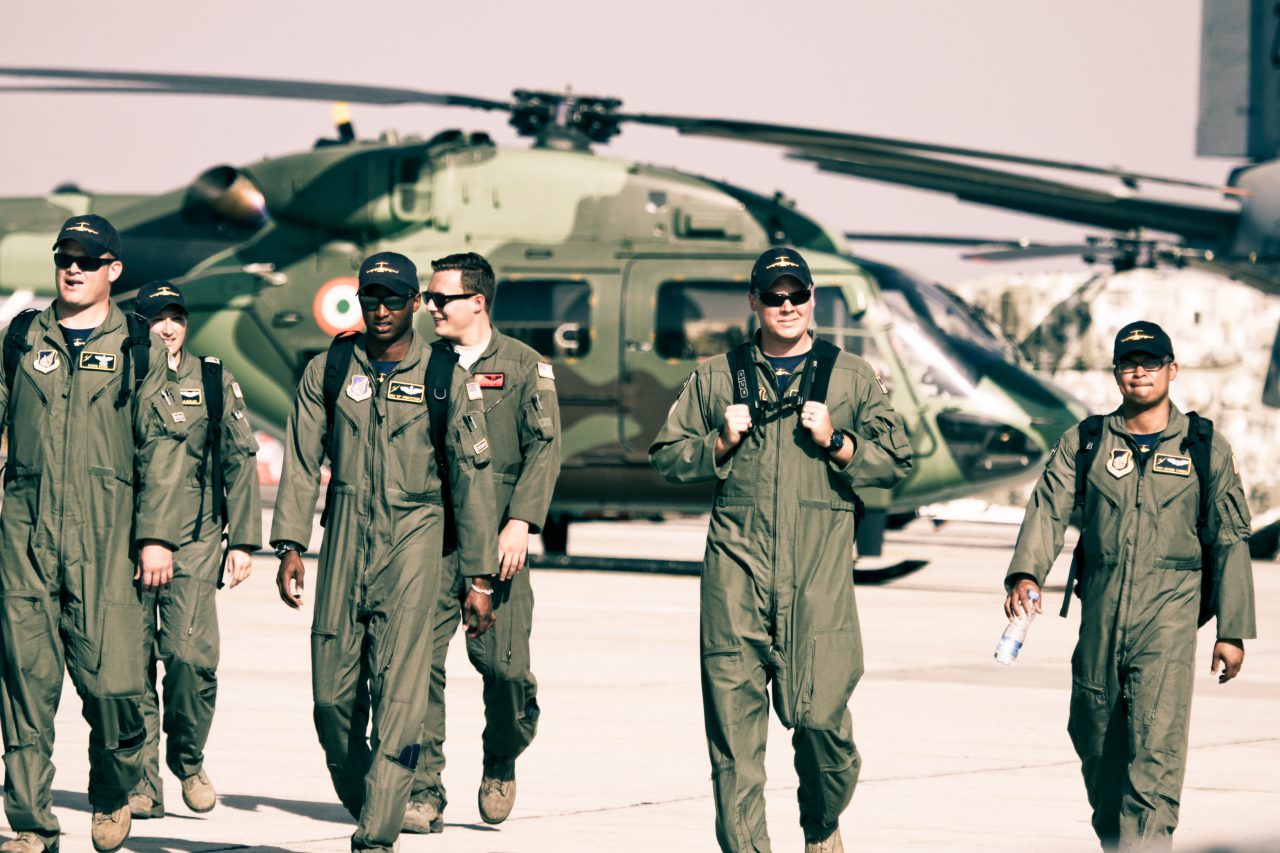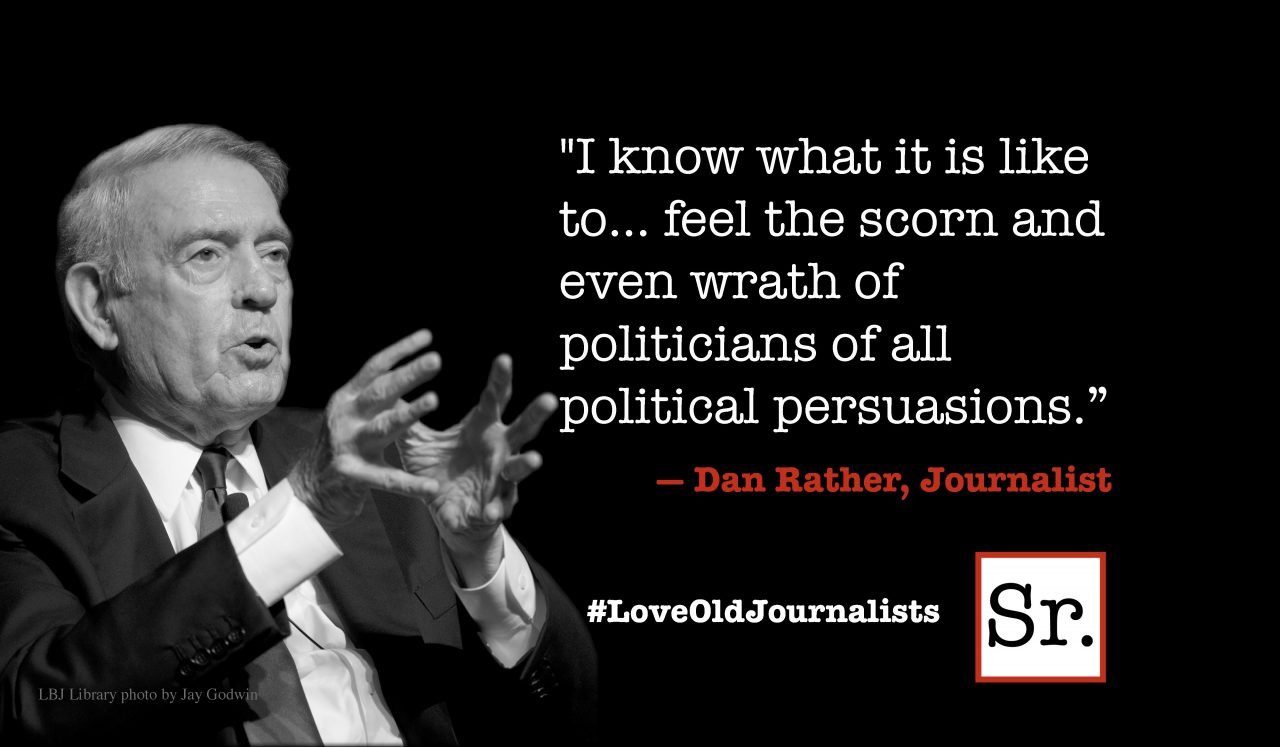I was a very young and very low-ranking airman when I first arrived at RAF Bentwaters/Woodbridge in Suffolk, England, in January 1965.
The convenient thing about the Air Force was that you always knew who was more distinguished than you: their status was clearly marked on the shoulders or sleeves of the uniforms. One thing was clear to me: Everyone was far superior to me in rank. And there were giants on base who didn’t need the eagles on their shoulders to look important.
The wing commander was Colonel (later Brigadier General) Robin Olds, West Point football lineman of the year in 1942, a fighter ace in World War II, and future Vietnam War hero. By the time he commanded the 81st Tactical Fighter Wing in England from 1963 to 1965, Olds was a figure of mythic proportions.
And so was his spouse, Hollywood doyenne Ella Raines, a cinema star of the forties and fifties. I had not heard of Raines in 1965, though my mother assured me the lady was famous. Ella Raines was 45 and no ingénue when I met her. She was three years older than my mother.
Raines’ residual Hollywood influence was such that Jimmy Stewart, a reserve Air Force brigadier general, frequently donned his blues to visit Bentwaters. Stewart, who was also clear about his exalted place at the banquet table, schmoozed with Robin and Ella and other brass at the officers club while we GIs were assigned to clean-up details around the base.
Looking back, I wonder if Ella Raines wasn’t a little bored by life in bucolic Suffolk. She would occasionally visit the airmen’s mess hall — ostensibly to check the quality of the food and the morale of the troops. The mess hall was the lowest place at the Air Force banquet, so it could be stipulated that the quality of the food was not great. And the GIs who didn’t eat and run were on kitchen patrol (KP) for the day, so their morale was not great.
I was on KP one day when Ella walked in on one of her peculiar inspection tours. I had just finished scrubbing a score of pots and pans larger than me and was standing beside a rack of bananas to catch my breath. Raines was immaculately coifed and dressed and (as I think back on it) quite beautiful. I was dressed in a wet, baggy, garbage-stained fatigue uniform, and I smelled of adolescent sweat.
Ella caught my eye and smiled. “Where are you from?”
I cleared my throat and muttered a half-truth. She would not have heard of Morrisville. “New York,” I said.
She nodded thoughtfully and pulled a banana from the bunch. She peeled it and tested it aggressively with her tongue.
“Are these bananas fresh?”
I might have explained that we KP’s weren’t allowed to eat the bananas, and that she must have a better idea than I because she was pushing one into her mouth. But I just nodded.
She chewed on the banana and smiled. “Well,” she said, “I shall think of you the next time I’m on Broadway.”
I nodded again, and watched Ella saunter out of the hall. I wrote to my mother to give her a highly embellished account of the incident. Later Mom told her bridge club, “Well, Phil knows Ella Raines.”
Today what this dim memory invokes for me more than anything else is the realization that there are high places and low places at the banquet table of life, and it can be awkward to find yourself in the wrong place.
I had one other Air Force encounter involving Colonel Olds that confirms this even more clearly.
I was a chaplain’s assistant — an enlisted position akin to being the chaplain’s valet.
Chaplain Joseph McCausland was a Catholic priest from Cleveland. Father Mac, as he was called, was tall and slightly bent-over with prematurely white hair. I remember him sitting at his desk squinting through the smoke of a Camel cigarette while he used his elegant fountain pen to add items to his growing to-do list. One to-do item he never did in the two-and-a-half years I knew him was “get your shots.”
Father Mac had two hobbies: shortwave radio, which he used to keep in touch with friends all over the world, and flying.
He was an amateur pilot of small, propeller driven airplanes. That must have taken guts and, perhaps, a fair amount of humility when you consider that most of the men who sat at the bar with him in the officer’s club were jet jockeys. On occasion, one of the fighter pilots would invite Father Mac to come along on a stomach-wrenching F-101 sortie to the Isle of Man, and the priest would glow happily for days. But on most afternoons, when he wasn’t counseling Catholic families or hearing confessions, Father Mac would jump into his Piper club and climb into the breezy skies of East Anglia. He always flew alone. None of us dared go with him.
One particularly windy afternoon, Father Mac brought the Piper club in too low and too fast and, amid a shower of metallic sparks, tipped the aircraft up on its nose. He was unhurt but when he rolled out of the plane to inspect the damage, he could see the prop was mangled and the nose was shattered.
Colonel Olds happened to be driving his staff car on the flight line that day and he rushed over to the accident sight to make sure Father Mac was okay. The chaplain shook his head in embarrassment. “I’m fine,” he said. “Misjudged the wind sheer.”
Colonel Olds called out to one of the airmen who had also rushed to the scene. “Quick,” he said. “Get a picture of the fuselage. In case we need it for insurance purposes.”
I don’t know what kind of insurance covers Air Force accidents, but the picture was snapped.
That night, a poster-sized blow-up of the picture was delivered to my barracks. There in crisp black-and-white was the small plane balanced on its nose amid pieces of broken propeller, its tail pointed ignominiously at the sky.
Accompanying the picture was a note from the Colonel: “Jenks, do some calligraphy for me. Some kind of Old English script. Ta, R.O.” The Colonel wrote out in block capital letters the message he wanted imprinted on the picture.
I had drawn cartoons for chapel and base publications, and Colonel Olds must have concluded — erroneously — that I was some kind of artist. I was not, and I was certainly no calligrapher. But orders are orders, and I stayed up most of the night, painstakingly inking letters onto the photograph.
The next morning the Colonel’s driver pulled up in front of the barracks to retrieve the picture.
“What’s this about?” I asked.
“The old man wants it for Officer’s Call,” the driver said. He grabbed the picture and sped away.
Later that day, senior Chaplain John Donnelly returned from Officer’s Call with the story.
After the Colonel called the meeting to order, he asked Chaplain McCausland to come forward. Warily, Father Mac stood beside the Colonel.
“Father,” Colonel Olds began sternly. Then he flashed a smile, and said, “Actually, he’s not my father.”
The officers roared in laughter (as they do when Colonels tell jokes). “I guess I can get away with that because I’m Episcopalian,” Olds said.
Then Olds took the photograph, freshly framed, and put it on the podium. The officers stared at the vivid picture of the mangled plane and tried to read the laboriously inscribed Latin message:
“Qui se exaltat, humiliabitur.”
Father Mac turned red and smiled through his teeth.
“If you don’t know your Latin as well as Father,” Olds said into the microphone, “it says, ‘he who exalts himself will be humbled.’” The officers in the room, mostly experienced fighter pilots, laughed again. Then they stood and applauded.
“I don’t think they were laughing at Joe,” Chaplain Donnelly said. “All these pilots, from Olds on down, knew it could happen to them, too. It was the Colonel’s way of reminding all of us: don’t get cocky.”
There are many lessons in life that I’ve learned through age and harsh experience. Now that I’m in my 70th year, I confess most of these lessons are the result of miscalculations and misjudgments, including the always hazardous assumptions that I knew more than others or was better than others.
But when I was 18 on an Air Force base inhabited by giants, I was certainly not prone to making those kinds of assumptions. Colonel Olds’ message to Father Mac contains words of wisdom that are not always easy to follow — and as those who knew him will remember, the old man was not always able to refrain from cockiness himself.
But the wisdom of the words endures: those who exalt themselves will be humbled.









